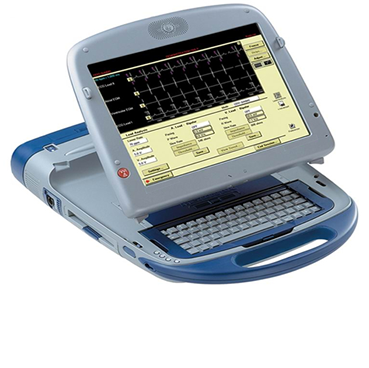
Saturday and Sunday - CLOSED

Longwood, Fl 32779

Your doctor will order to have your pacer checked regularly to make sure that it is working correctly and that the settings are right for you. The process of checking your pacemaker’s settings is called an interrogation. The strength and length of the impulse is sent to the heart muscle and how fast the pacemaker will go can be programmed.
Your doctor or pacer technician will check your ICD regularly to make sure that it is working correctly and that the settings are right for you. Your doctor will check to see if you had any irregular heart rhythms or if the ICD gave you any therapy (like a shock).
If you hear an audible “beep” from your ICD, please contact the office IMMEDIATELY at 407-990-1921 . There are many defibrillators that emit a tone when there is a parameter that needs to be assessed. In general, this is not an emergency.
No, an ICD cannot prevent a heart attack, A “heart attack” is due to a blockage in the blood flow to the heart muscle.
An ICD is designed to treat rapid heart rhythms from the bottom chamber of the heart as well as excessively slow heart rhythms that are treated with pacing therapies. However, an ICD does not treat rapid heart rhythm problems from the top chambers of the heart, such as atrial fibrillation.
There is no interaction between a microwave and an ICD. We would prefer that you use a cell phone on the opposite side of your ICD but, in general, the likelihood of complications between an ICD and cell phone is quite low. When going through airport security, it is important that you inform the airport security personnel that you have an ICD. You will need to show your device ID card and you should be asked to be hand searched. An ICD pulse generator may be sensitive to anti-theft systems often found in stores and public libraries. These systems will not adversely affect the ICD if you walk through them in a normal manner without lingering near them. Arc welding can interfere with the function of an ICD, but this interaction depends on the type of arc welding that is performed. If you use an arc welder, please discuss this issue with your electrophysiologist.
Copyright 2024. All rights reserved.

Saturday and Sunday - CLOSED

Longwood, Fl 32779